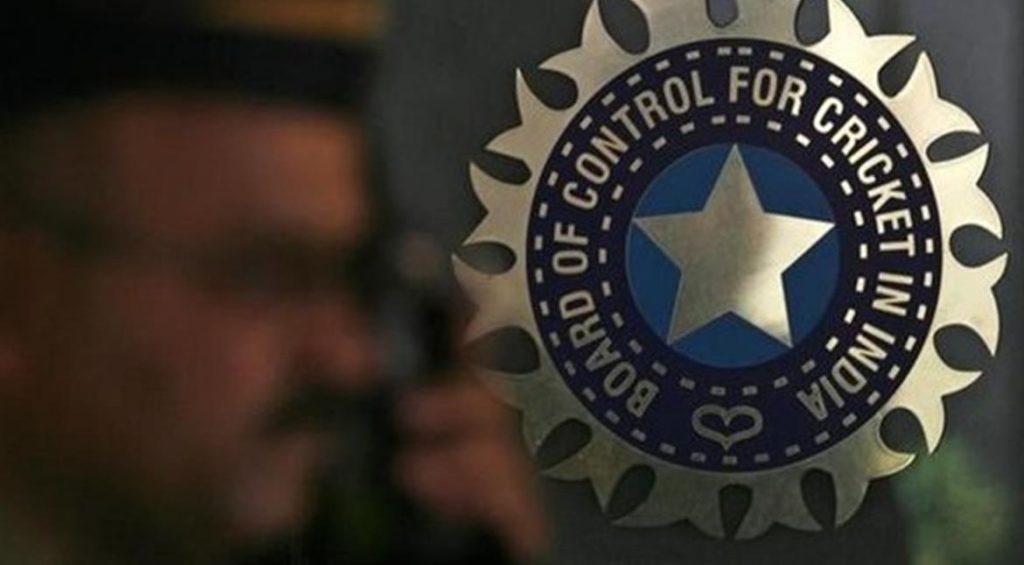The Committee of Administrators has recently decided to organise an open bid through the e-auction for the broadcast and digital media rights of BCCI for India’s international and domestic games for the time span of April 2018 to March 2023. The e-auction is expected to be held on 27th March.

However, the BCCI (Board of Control for Cricket in India) members have no clue about the e-auction as even a general body meeting of the BCCI was not called in this regards.
A senior official told PTI, “Yes, we have been sent a note that says that BCCI’s media rights for international matches will be held through e-auction process. Now the note doesn’t mention why a sudden departure after BCCI got a whopping Rs 16,347 crore deal from Star India Pvt Limited for IPL rights. As per convention, they didn’t even bother to summon a general body meeting.”
Also read: STAR India Bags IPL 2018 Production Rights As Well
He also pointed out the major issue which they will be facing. He said, “Now what was the process of roping in ‘mjunction’ for the e-auction is also not known. In any case, the COA doesn’t like being asked a few probing questions.”
Star Sports has the present BCCI’s broadcast rights for India’s international and domestic matches which will end in the 31st March. In 2012, they had bought that rights for INR 3,851 crores while they pay out 43.2 crores per match to BCCI.
In the CoA’s recent decision on the e-auction for the media rights, the rights have been divided into three categories — a global television rights plus rest-of-world digital rights package, an Indian-subcontinent digital rights package, and a global consolidated rights package.
Also read: Vinod Rai not happy on BCCI’s day-night Test implementation process
The senior official also briefly pointed out the issues by quoting to PTI, “For example, the surprise element of price discovery is gone if company A knows that company B will stop at Rs 100 during an e-auction process (if its a forward auction, which will be the case here). Company A will then bid for Rs 101. But had it been sealed tender and there was desperation, if Company A bid Rs 100, company B could well bid Rs 500.”
He also brought a real example. He said, “That’s what happened when Vivo and Oppo bid for India’s shirt sponsorship. Despite being part of same parent concern, they didn’t know each other’s bidding price.”
Oppo had bought India’s shirt sponsorship deal for INR 1,079 crores while Vivo had a bid of INR 768 crore.
